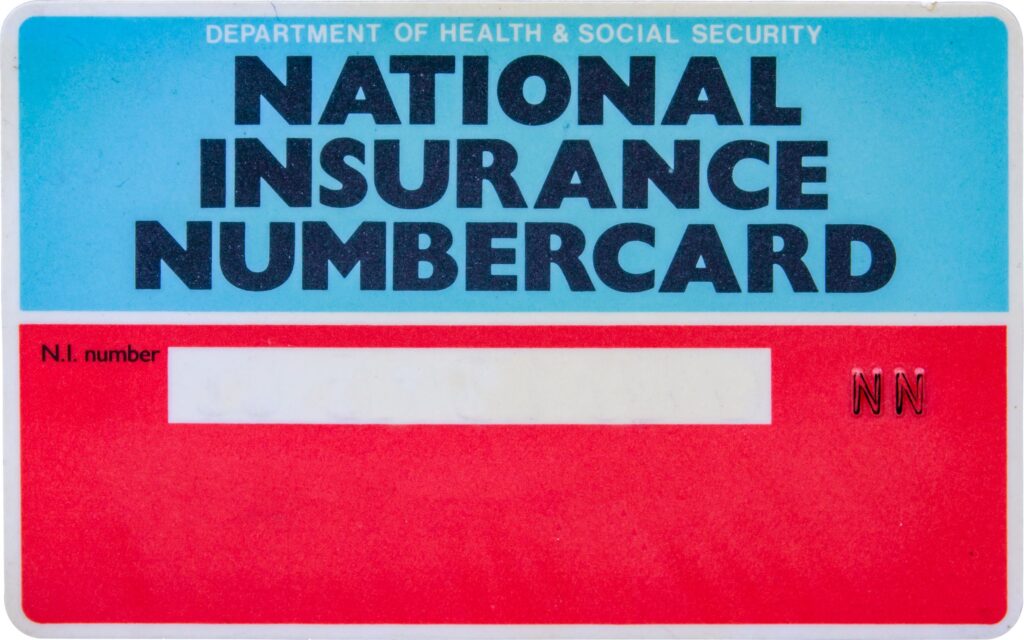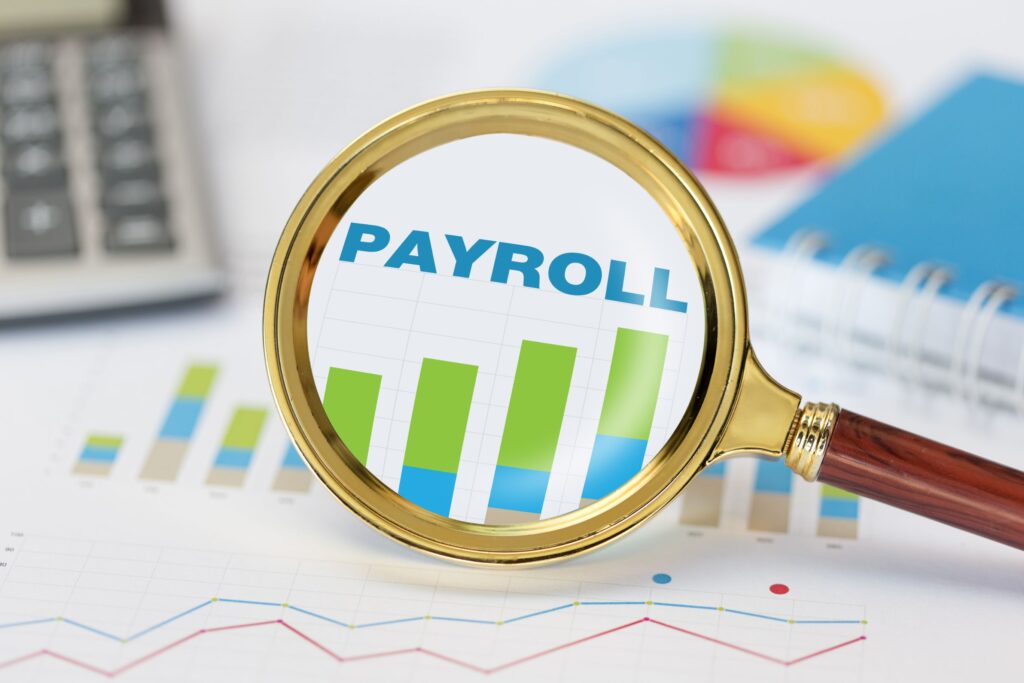Apprenticeships play a crucial role in the UK’s education system and workforce development. They provide young individuals with the chance to gain practical, hands-on experience while earning a salary and working towards a qualification.
As an employer, it is important to understand your responsibilities when hiring apprentices, particularly regarding National Insurance. This guide offers essential information to help employers navigate their National Insurance obligations when taking on apprentices.
What is National Insurance?

National Insurance is a system of contributions made by both employees and employers to fund various government benefits and services, including pensions, unemployment benefits, and healthcare. Both employees and employers contribute to National Insurance, but the specifics vary depending on factors such as the worker’s age, income, and employment status.
Do Apprentices Under 18 Pay Tax?

One of the most common questions employers and apprentices alike have is whether apprentices under 18 are required to pay tax. The answer depends on the apprentice’s income. In the UK, individuals do not pay income tax unless they earn more than the personal allowance threshold, which is currently £12,570 annually (for the tax year 2025/2026).
If an apprentice under 18 earns less than the personal allowance amount, they won’t have to pay tax. However, if their income exceeds this threshold, they will be subject to income tax just like any other employee.
Even if apprentices are not required to pay tax because they earn below the personal allowance, they may still be liable for National Insurance (NI) contributions if they are 16 or older.
This brings us to the next question: Do apprentices pay National Insurance?
Do Apprentices Pay National Insurance?

Apprentices do pay National Insurance, but it depends on their age and how much they earn.
If an apprentice is aged 16 to 18, they only need to pay National Insurance if they earn above the lower earnings limit, which is currently £6,396 per year. If their earnings are below this threshold, they will not have to pay National Insurance, but they will still receive benefits from the system, such as eligibility for the state pension when they reach retirement age.
For apprentices aged 19 and over, the National Insurance contributions are based on their earnings, just like any other employee. If their earnings exceed the primary threshold (£12,570 annually), they will have to pay Class 1 National Insurance contributions at a standard rate.
Do Employers Pay National Insurance for Apprentices?

Yes, employers are responsible for paying National Insurance contributions (NICs) for their apprentices. However, as of April 6, 2025, some changes have been made to the rates and thresholds for these contributions.
- Apprentices Under 25: Employers are exempt from paying Class 1 employer NICs for apprentices under the age of 25, as long as their earnings do not go over the upper secondary threshold of £50,270 per year (as of 2025/26). This exemption has been in effect since April 2016 and continues with the recent regulations.
- Apprentices Aged 16 to 18: There is no requirement for employers to pay employer National Insurance on earnings up to £5,000 per year for apprentices in this age group. Earnings that exceed this threshold are subject to the standard employer NIC rate of 15%.
- Apprentices Aged 19 and Over: For apprentices in this age bracket, employers must pay NICs at the standard 15% rate on any earnings above the £5,000 secondary threshold.
Understanding the National Insurance Exemption
Typically, employers are required to pay Class 1 National Insurance contributions on earnings that surpass a certain threshold. However, due to the new government regulations, employers are exempt from these contributions for apprentices under 25 if they meet specific criteria:
- They must be enrolled in an approved apprenticeship program.
- Their earnings must be below the upper secondary threshold of £50,270 per year (or £967 per week for the 2024/25 tax year).
It’s important to understand that this exemption applies only to the employers’ National Insurance contributions; apprentices are still obligated to pay their NICs based on their earnings.
For those who meet the criteria, this exemption can lead to significant savings for employers, making apprenticeships an increasingly attractive option for businesses looking to expand their workforce.
How to Calculate Employer’s National Insurance

Calculating National Insurance contributions for apprentices involves understanding both the primary threshold and the secondary threshold, as well as the employee’s earnings.
- Primary Threshold: This is the level of earnings at which an employee starts to pay their own National Insurance. For 2025/2026, this threshold is £12,570 per year.
- Secondary Threshold: This is the level of earnings at which an employer must start paying National Insurance contributions on behalf of the employee. For 2025/2026, this is £5,000 per year.
If an apprentice’s earnings exceed the secondary threshold but are below the primary threshold, the employer is responsible for paying National Insurance contributions. The calculation is as follows:
- First, determine the total earnings for the apprentice.
- Subtract the secondary threshold from the total earnings to calculate the taxable amount.
- Apply the employer’s National Insurance rate (usually 15%) to this taxable amount.
For example, if an apprentice earns £15,000 a year, the employer’s National Insurance contributions would be calculated like this:
- Earnings above the secondary threshold (£15,000 – £5,000) = £10,000
- Employer’s contribution (15% of £5,900) = £1,500
Therefore, the employer would be required to pay £1,500 in National Insurance contributions for that apprentice.
Who Pays Employers’ National Insurance?

Employers are responsible for paying National Insurance on behalf of their employees, including apprentices, once their earnings exceed the secondary threshold. While the apprentice may have to pay their own National Insurance if they are 16 or older, the employer bears the cost of their contributions.
For apprentices aged 16 to 18, there are exemptions in place to help reduce the employer’s liability, as discussed earlier. However, the employer remains the one responsible for calculating, deducting, and paying the National Insurance contributions to HM Revenue and Customs (HMRC).
Apprenticeship Incentives and National Insurance

The UK government offers various incentives to encourage employers to hire apprentices, which can help reduce the burden of National Insurance contributions. For example, as part of the government’s response to skills shortages and to support youth employment, employers may be eligible for relief and funding from certain National Insurance contributions under specific conditions.
Employers should regularly check for updates on these incentives to ensure they take full advantage of any available tax reliefs.
Ensuring Compliance and Maximising Benefits

Understanding National Insurance contributions for apprentices is essential for employers to ensure compliance with the law and avoid unexpected costs. Apprentices are generally required to pay National Insurance if they earn above certain thresholds, and employers must contribute on their behalf. However, some exemptions and incentives may reduce the employer’s contribution, especially for younger apprentices.
By keeping track of the thresholds and staying informed about the latest government policies regarding apprenticeships and National Insurance, employers can ensure they meet their obligations while benefiting from the incentives available for supporting apprenticeships in the UK.
Are you an employer considering taking on an apprentice? Ensure you’re fully informed about your National Insurance obligations to avoid surprises and make the most of available benefits.
Contact us today to learn more about how apprentices can support your business.

